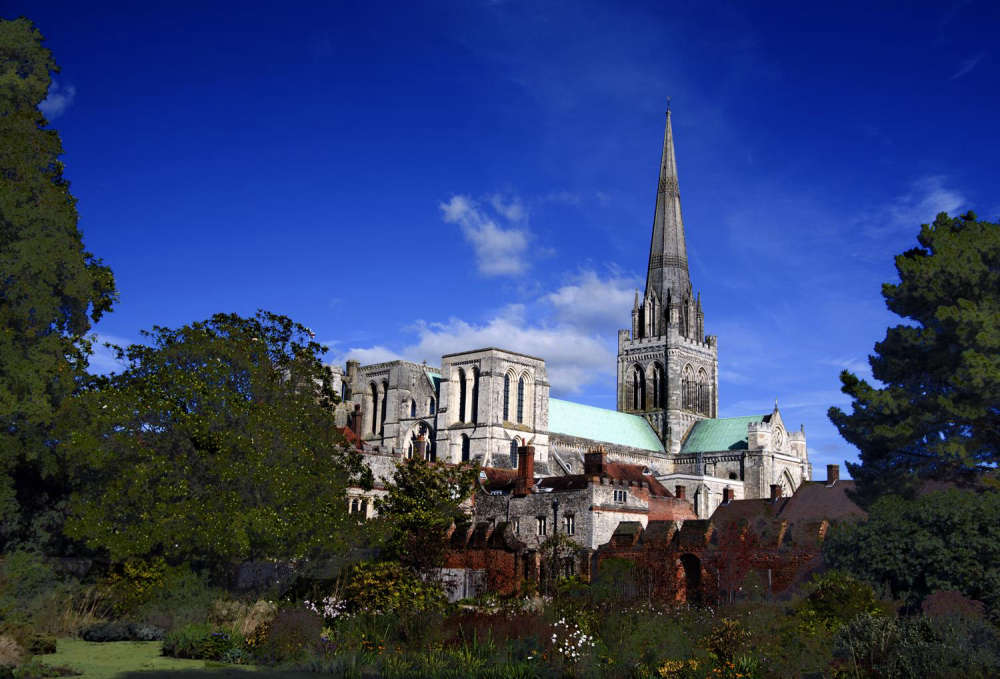
A surprising glimpse into Chichester’s past has emerged this week, as engineers uncovered human bones believed to date back to the 16th century.
The remains were found while engineers were digging up St John’s Street on Tuesday afternoon.
Initially, it was unclear whether the bones were human or from which era they came.
So what was happening around this time in Chichester?
In the 16th century, Chichester, experienced significant social, religious, and economic developments. As the Tudor period unfolded, Chichester, like much of England, was influenced by major national changes, including the Reformation and the rise of the monarchy's power.
One of the defining events was the English Reformation, initiated by Henry VIII's break with the Catholic Church in the 1530s. Chichester's ecclesiastical community was deeply affected as the city's cathedral and religious houses underwent transformations. The city's clergy had to swear allegiance to the newly established Church of England, and monastic properties were seized during the Dissolution of the Monasteries. The Greyfriars, a Franciscan friary in Chichester, was one of the religious institutions dismantled. These religious changes altered the fabric of the city's spiritual life and led to a redistribution of wealth and lands.
Economically, Chichester remained an important center for trade and commerce. The city's location made it a key hub for the wool and cloth trade, and its proximity to the coast allowed for maritime commerce. The market square, which had long been a focal point of trade, saw continued use as a place for local farmers and merchants to sell their goods. Chichester’s chartered market, under royal authority, gave the city a privileged status in terms of trade, ensuring its importance in the regional economy.
Politically, Chichester continued to be represented in Parliament, with local gentry playing a prominent role in regional governance. The city was involved in the national turmoil of the Tudor era, including supporting various monarchs' policies and adjusting to the political fluctuations between Catholicism and Protestantism under different rulers, from Henry VIII to Elizabeth I.
Culturally, the city’s status as an administrative and religious hub allowed for a continuation of education and artistic activities, despite the religious upheavals.
The 16th century was a time of change for Chichester, mirroring broader national transformations while maintaining its local traditions.
Source: "Chichester: Historic City and Cathedral," British History Online.

 Severe delays on A27 west of Chichester due to road closure
Severe delays on A27 west of Chichester due to road closure
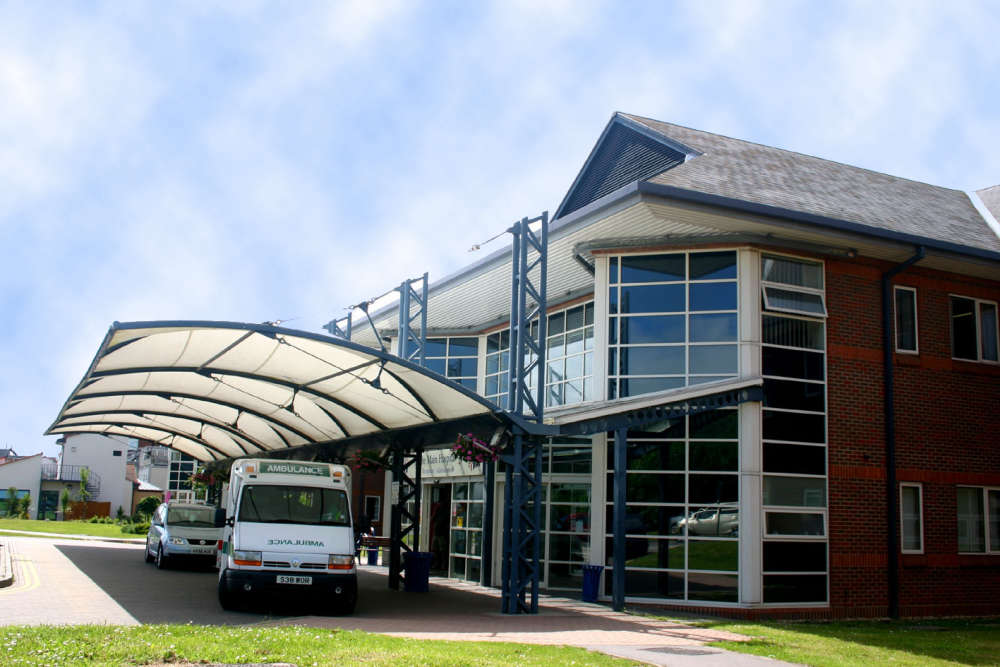 Downton Abbey star opens children’s A&E unit at St Richard’s Hospital
Downton Abbey star opens children’s A&E unit at St Richard’s Hospital
 Planning permission granted for periwinkle art in the Medmerry Reserve
Planning permission granted for periwinkle art in the Medmerry Reserve
 Outstanding news for a local school
Outstanding news for a local school
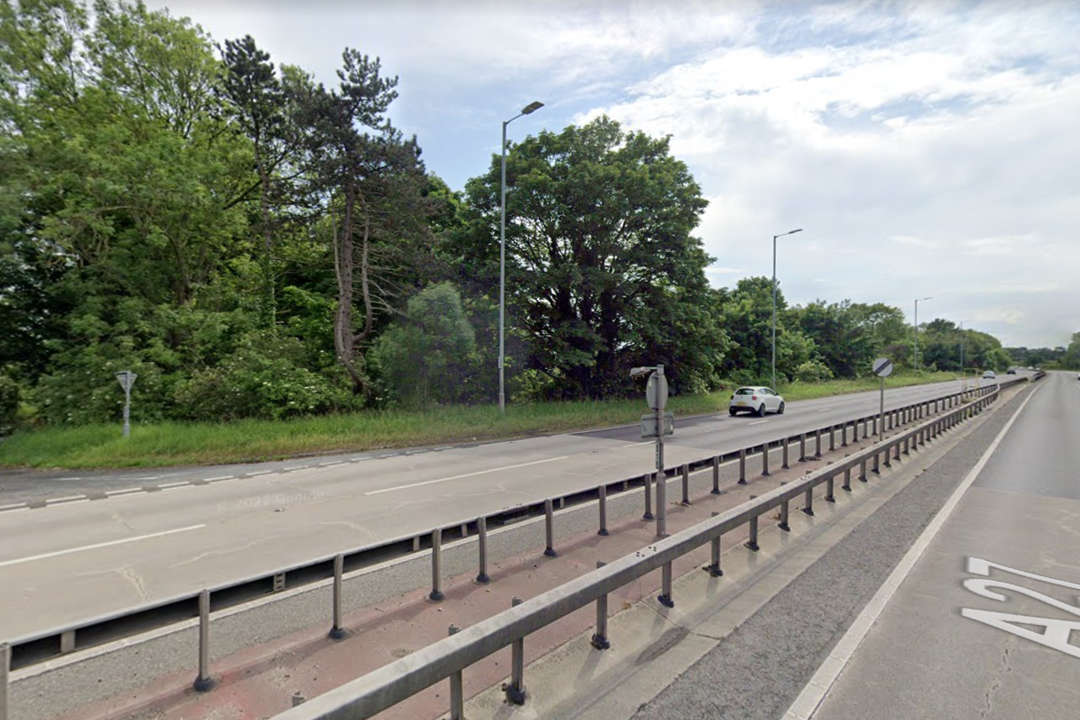 A27 closures this weekend
A27 closures this weekend
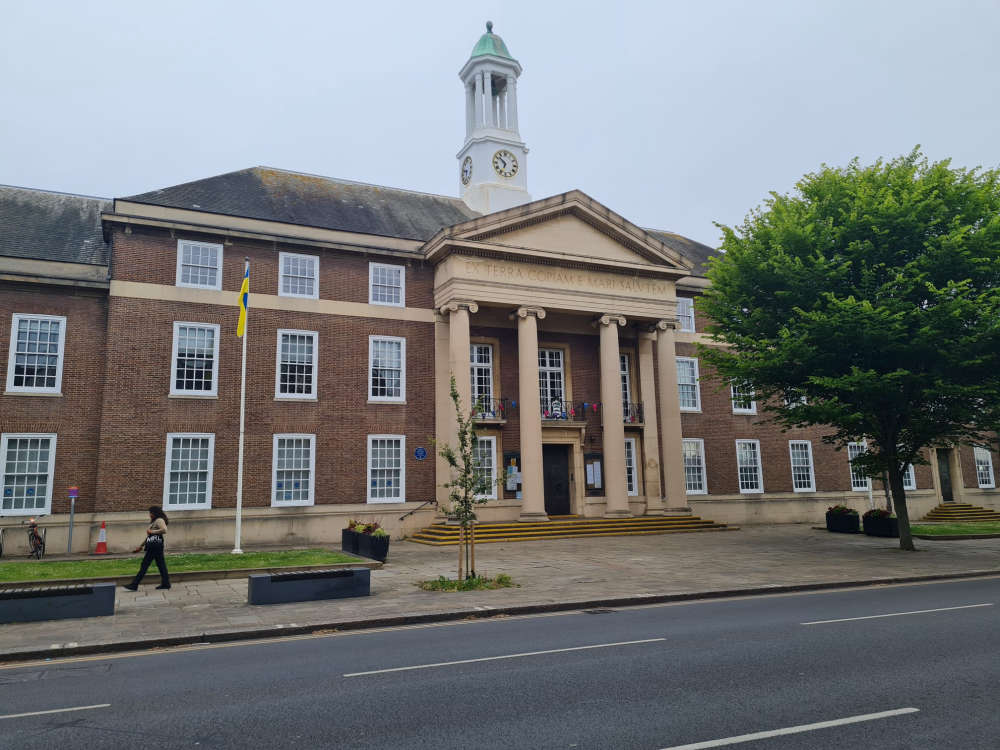 Dates for Worthing by-elections have been announced.
Dates for Worthing by-elections have been announced.
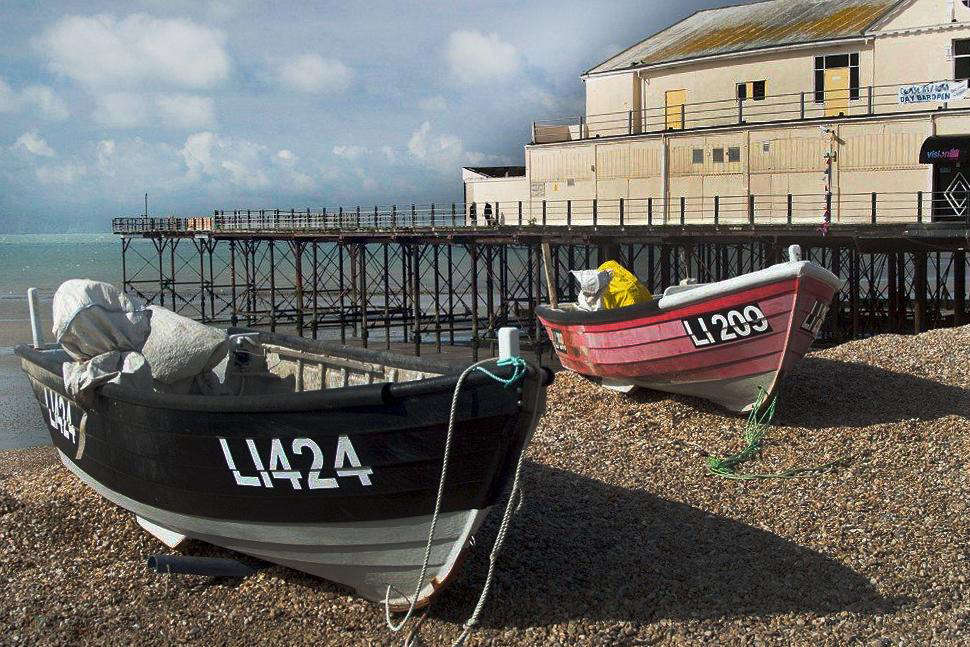 Bognor Regis seafront improvements
Bognor Regis seafront improvements
 Council Tax changes from next April
Council Tax changes from next April
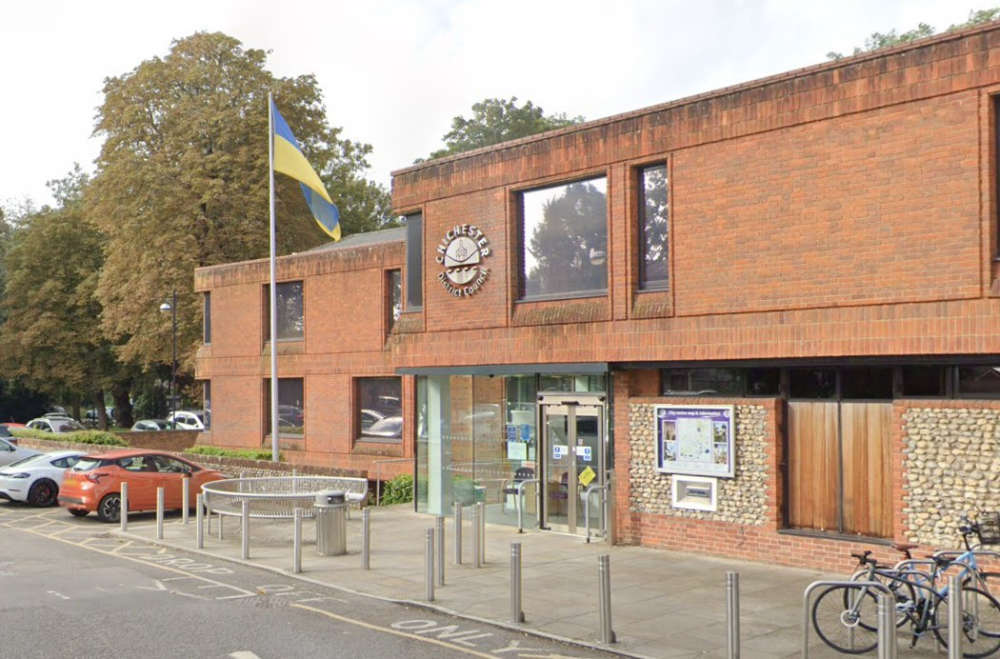 New "Chi-Hub" to help local residents
New "Chi-Hub" to help local residents
 New contactless payment systems at Sussex railway stations
New contactless payment systems at Sussex railway stations






